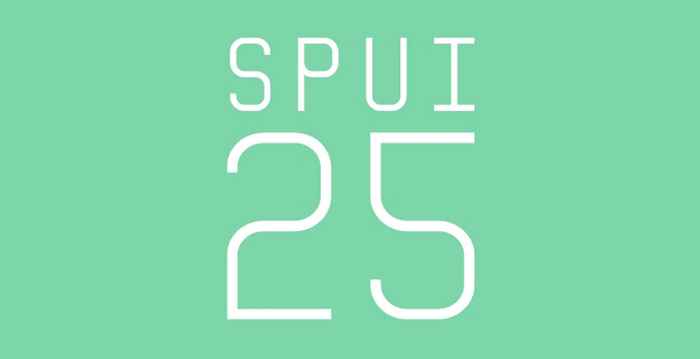Hunger as a Weapon of War and Genocide
- Date
- 3 April 2025
- Time
- 17:00
- Location
- SPUI25
80 years ago this winter, an estimated 20,000 people in the west of the Netherlands died as a result of a Nazi blockade on food and fuel. The “Hunger Winter” is one episode in a war in which 20 million people died of hunger. The use of starvation was so pervasive that Raphael Lemkin – who coined the term ‘genocide’ – identified starvation as one of genocide’s principal tools, yet it took until 1998 to criminalise it.
Today, the use of starvation as a weapon of war and genocide is rising, and around 223 million people are being starved as deliberate policy. For the past, the present, and the future, this raises several questions. How does hunger interact with processes of mass violence, such as enforced population movement and genocide? How does starvation intersect with cultural, legal, and ethical frameworks, including the right to food, food sovereignty, and the crime of starvation in international law? And what are the societal impacts of food insecurity and hunger as a localized experience, as well as its longer term, intergenerational effects?
This programme is organized in collaboration with the Amsterdam Centre for Middle Eastern Studies, Meertens Institute Ethnology Department and NIOD Institute for War, Holocaust and Genocide Studies.
SPUI25 is the academic-cultural podium of Amsterdam. Since 2007, we have been giving scientists, authors, artists and other thinkers the opportunity to shine a light on issues that occupy, inspire or concern them. In cooperation with a large number of academic and cultural partners, we organize between 250 and 300 freely accessible programs per year. These are enriching, often interdisciplinary programs that move between science and culture, fact and fiction.
SPUI25 is one of the UvA podia in the University Quarter.

